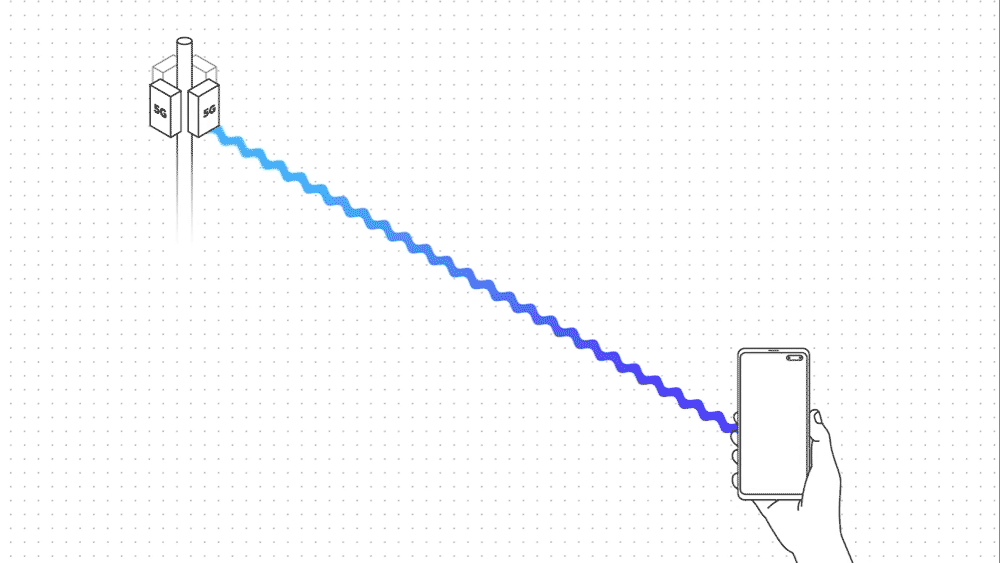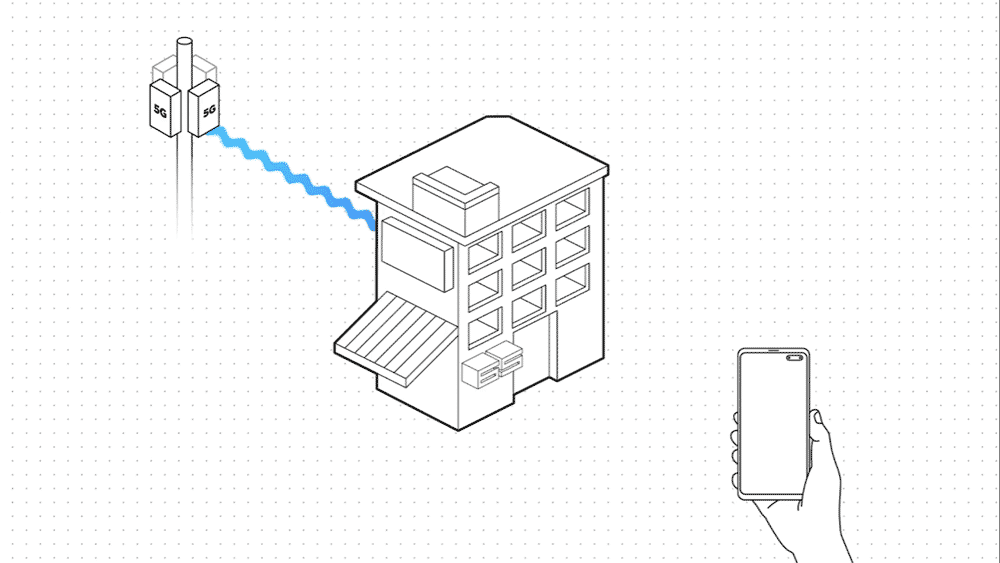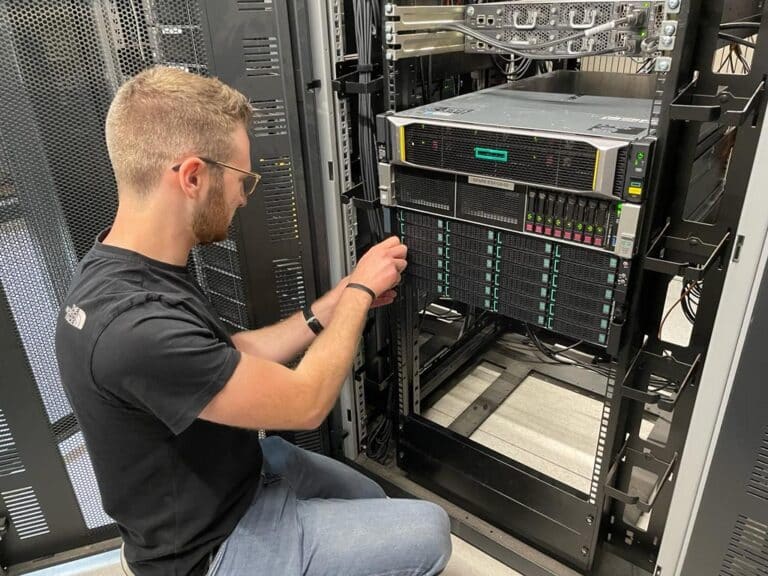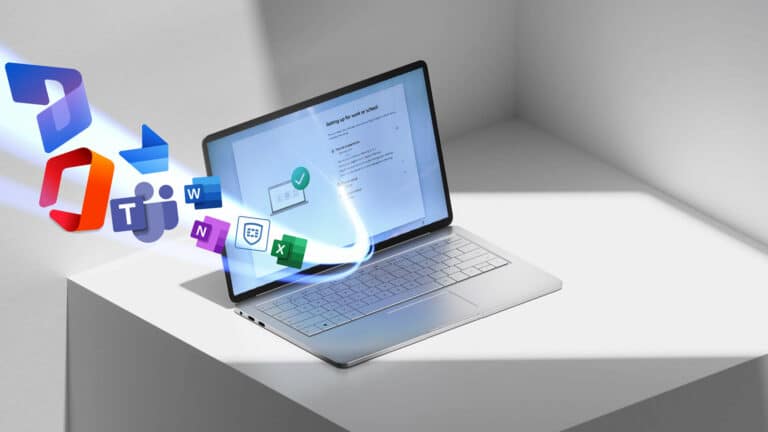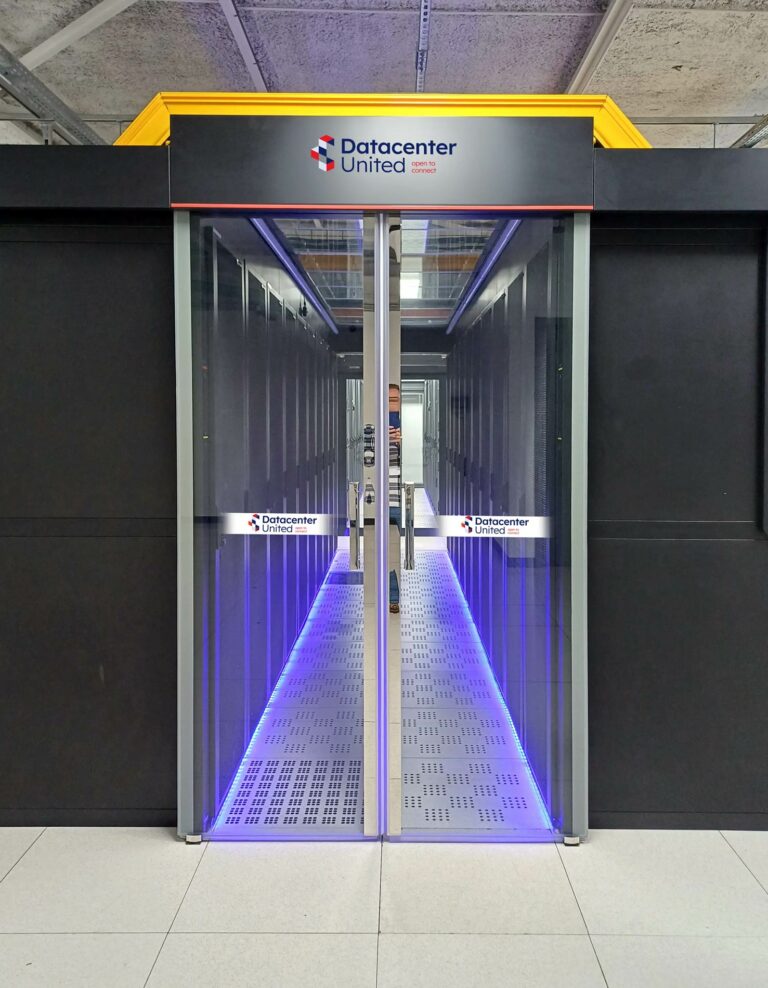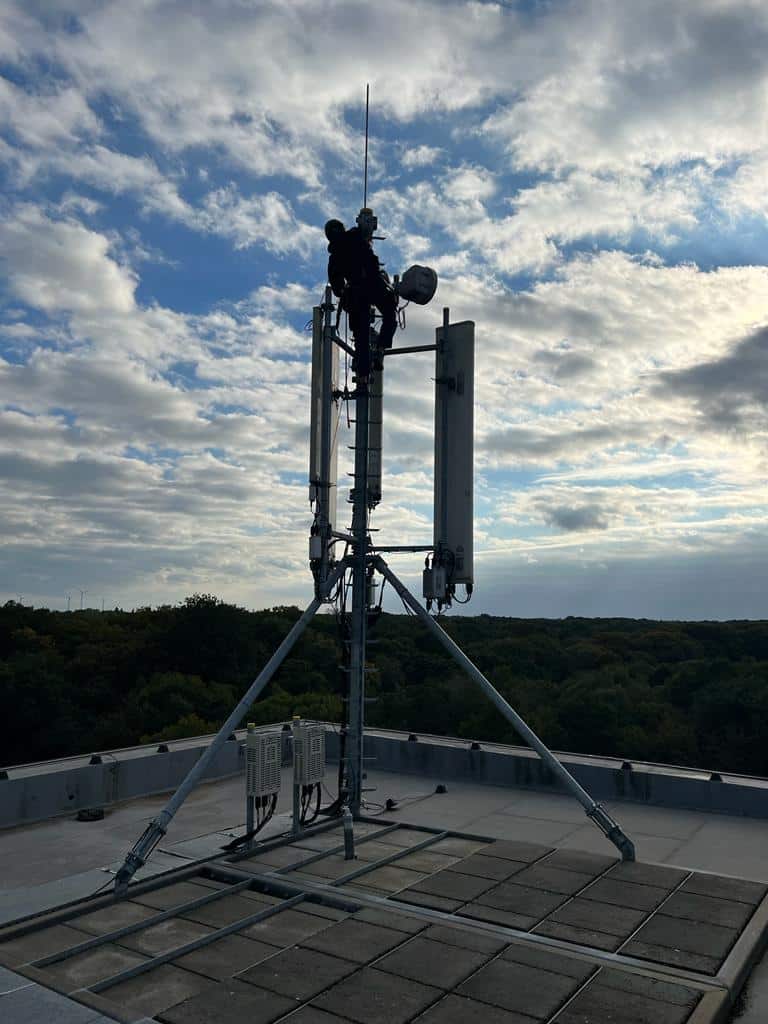- Nico Poelmans is Portfolio & Strategy Manager at Telenet and can assess the impact of this technology on organizations like no other.
- Hans Van Ballaer is for us synonymous with (wireless) networks. He is Network Solution Architect and one of the few people in the world that is allowed to carry the title Certified Wireless Network Experts (CWNE).
5G makes a difference on three levels
Nico explained the most important improvements that will have a direct impact on our user experience:
1. Higher mobile bandwidth

For example, employees of a video production company could easily work from home, without having to synchronise the heavy source files locally. Also, organizations will be able to use super fast internet flexibly, independent of local infrastructure. This is very important, for example, on building sites or for organisers of large events."
2. Lower response time (latency)
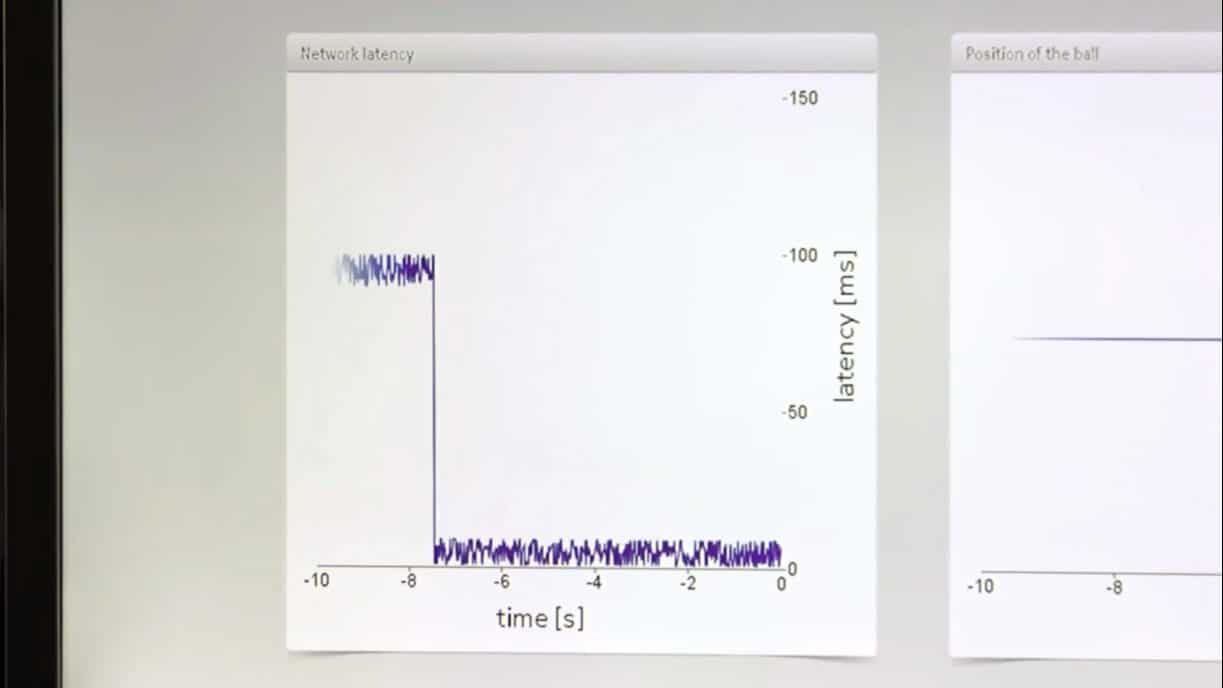
With low latency on 5G this will be solved. A fully autonomous column of trucks, or where only the first one has a human driver on board and the others follow autonomously, will become possible. Or virtual meetingEven in VR, it will only get better because movements and interaction happen in real time. That's necessary to match a realistic experience."
A nice video that illustrates this advantage well can be seen here:
.
3. Much higher density
"More devices that can connect simultaneously will give a huge boost to IoT. In Smart Cities, the applications are numerous: a multitude of sensors can be used to control, for example, smart lampposts, automatically recognizing parking space occupancy or smart traffic routing... In the healthcare sector, too, wearables will be able to be used much more to monitor the health of patients in real time and in detail."
More examples of applications
For Nico, the most interesting use cases come from a combination of the above characteristics:
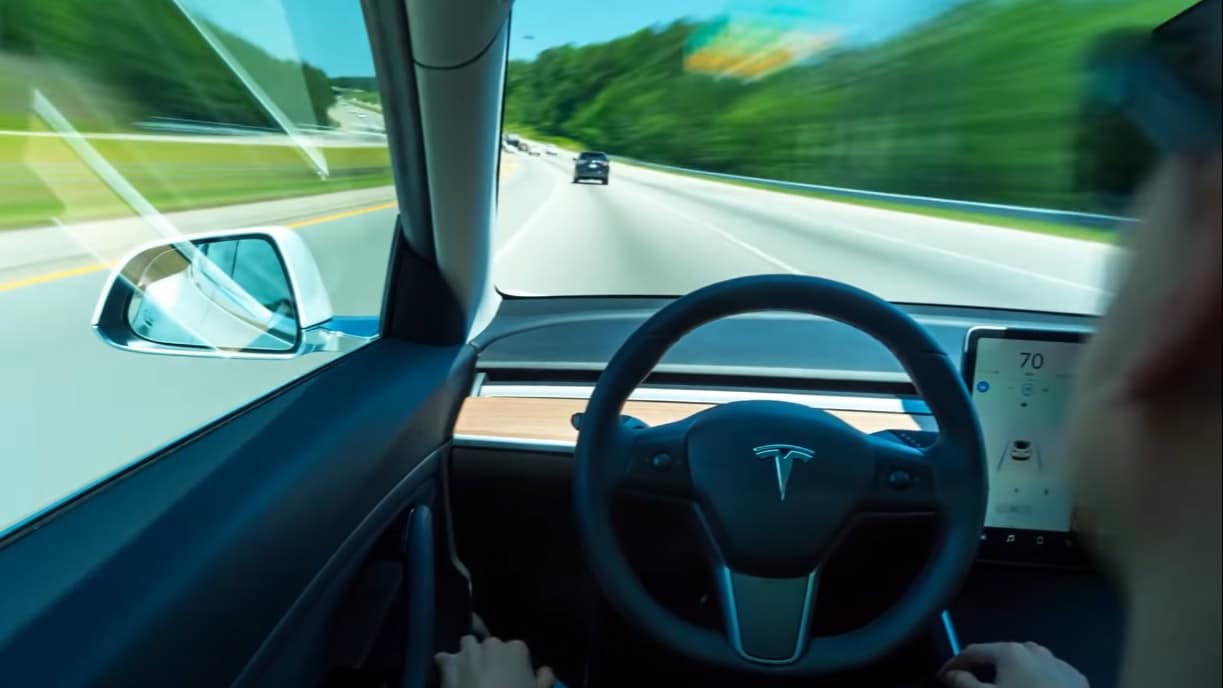
This will also improve the performance of operations at a distance. The surgeon-specialist who is not physically present with the patient can control a precise robot while he is in a completely different place. It goes without saying that the image must be of very high resolution and that every movement must be in real time.
Most 5G applications are focused on industry. Research shows that seven out of ten companies in the manufacturing industry (electronics, mechanical engineering, automotive...) expects to roll out 5G applications within five years.
End users will mainly benefit from VR & AR applications. Where 4G meant the breakthrough of the smartphone, 5G might mean the breakthrough of these technologies. Combine the potential of 5G with the plans of Mark Zuckerberg's Metaverse."
Today, we are only at the beginning of the technology. 5G is very different from 2.3 and 4G, with more possibilities, but also more complexity. Gradually, together with the client, we will discover the possibilities, but the 'old' technologies will certainly still be useful in many cases. concludes Nico.
Will 5G replace Wifi?
"But Hans, with such fast mobile internet around the corner, why should I still invest in a proper (WiFi) network?"
We hear this misconception from time to time, and yet we are forced to put the brakes on. Our network guru Hans Van Ballaer certainly sees a lot of opportunities, but 5G is not yet a holy grail that can be achieved by all network infrastructure can replace it.
Inside buildings not ideal

- Low Band will go best through walls and buildings, but is only 20% faster than 4G
- Mid Band represents a golden mean balancing performance and penetration
- High Band will approach the theoretical 10gbps, with virtually no latency. But this will only work if you have an undisturbed connection to a mast."
Regardless of the high speeds, we do not yet see 5G as a WiFi or LAN replacement.
"With solid isolation -or if your building is a Faraday cage- the need for wireless access-points and/or a wired network will remain, for optimal operation. Also, with 5G you are on a public network, instead of a LAN.
You can get around that by registering a Private APN: In this case, all registered sim cards of your organization connect to a private router at Telenet, which communicates directly with your network through a VPN tunnel. So those sim cards stay within your secure environment and get direct access to the servers that outsiders cannot access."
Excellent internet backup line
"Organizations that don't have a coax or fiber connection can use 5G as a main line, but 5G can also make a perfect backup line. By this we don't necessarily mean 'for sending backups', but an ideal second internet line.
When your wired line experiences an outage due to works or breakdown, most organizations today automatically switch to 4G or ISDN, but that bandwidth remains limited. 5G will definitely make a difference here, but only provided you put the antenna outside and there is good connectivity."
So, we're going to be moving forward, but make sure you make informed decisions. Would you like our specialists to take a look at your network and outline the ideal mix of fixed line, telephony, 4G and 5G? Then do not hesitate to contact us.
VAT no.
share this post:
